MolSSI’s 2024-2025 Software Fellows
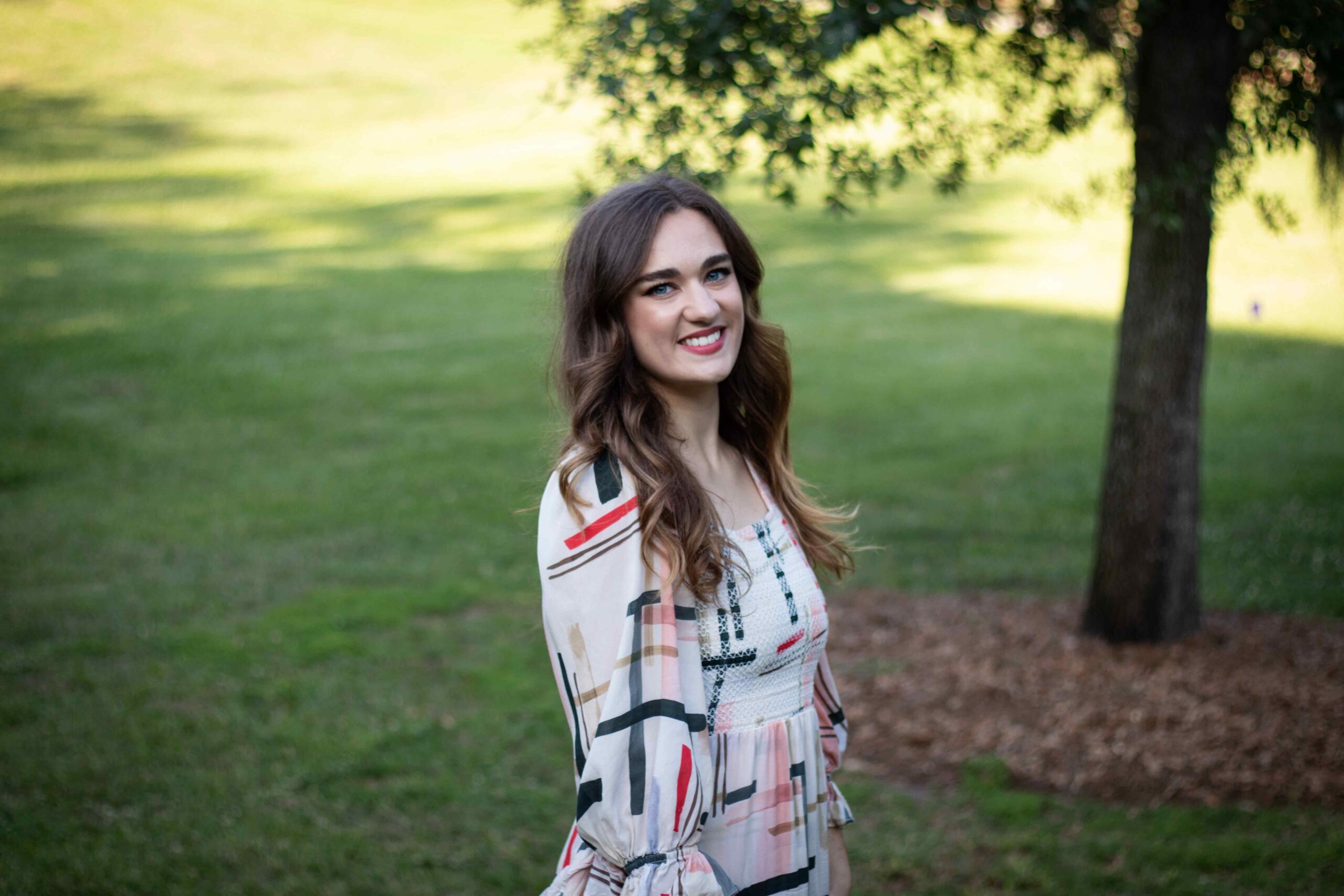
Bariana Bowman
University of Florida
2025-26 Software Fellow
“Development of a foundation model that integrates topological information with crystal structure data to predict superconductivity and other key condensed matter properties, creating a generalizable AI framework for materials discovery.”

Christopher Hillenbrand
Yale University
2025-26 Software Fellow
"User-friendly implementations of real-time correlated electron dynamics methods in PySCF for molecules and materials"
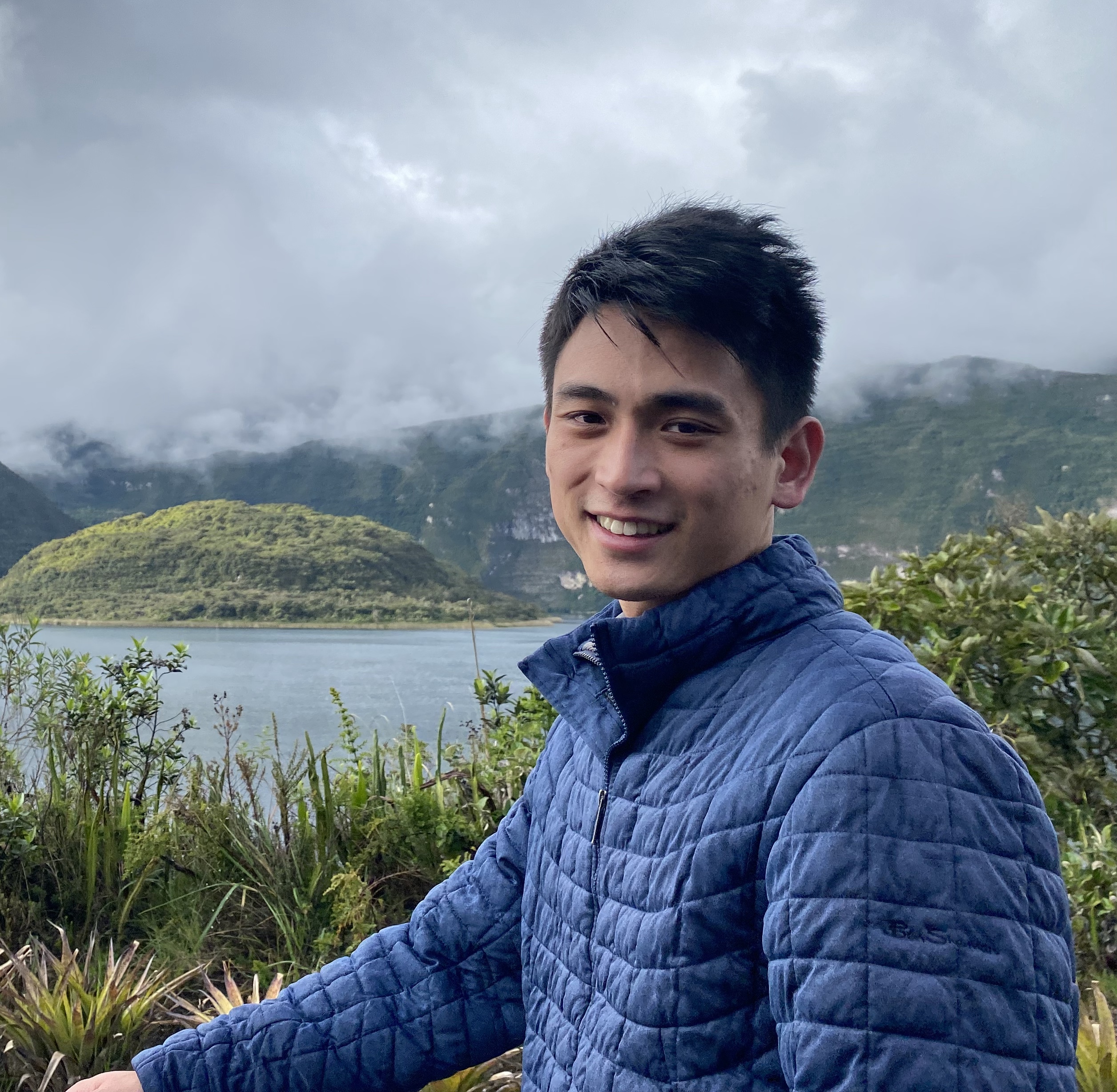
Arthur Lin
University of Wisconsin - Madison
2025-26 Software Fellow
"Design and implementation of machine-learned potentials for anisotropic coarse-grained simulations."
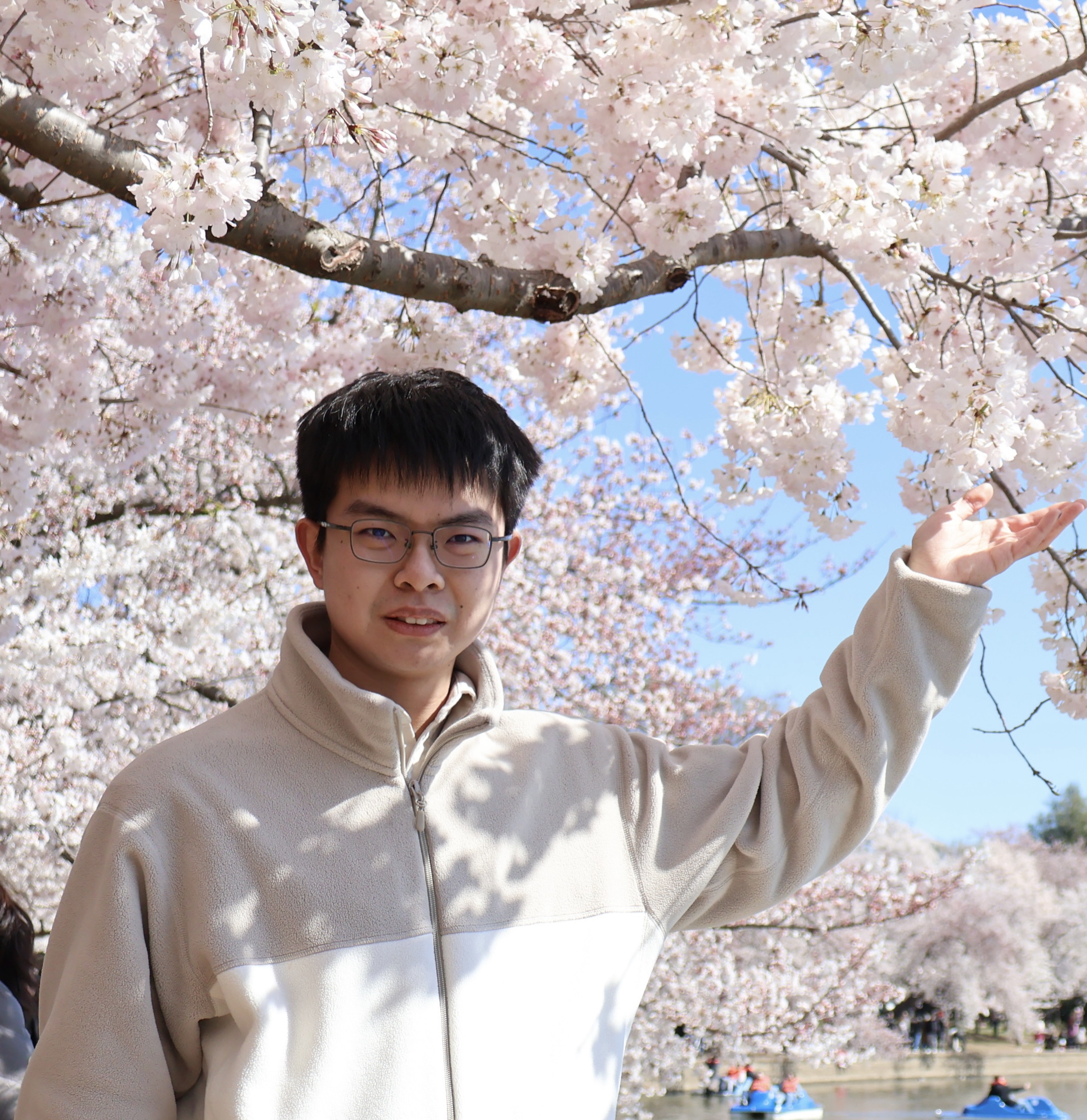
Weiliang Luo
MIT
2025-26 Software Fellow
“Development of a neural network potential active learning workflow for enzymatic catalysis study, which integrates cutting-edge quantum chemistry and machine learning techniques in a user-friendly way and democratizes the machine learning for enzyme simulation to the whole community of biochemistry”
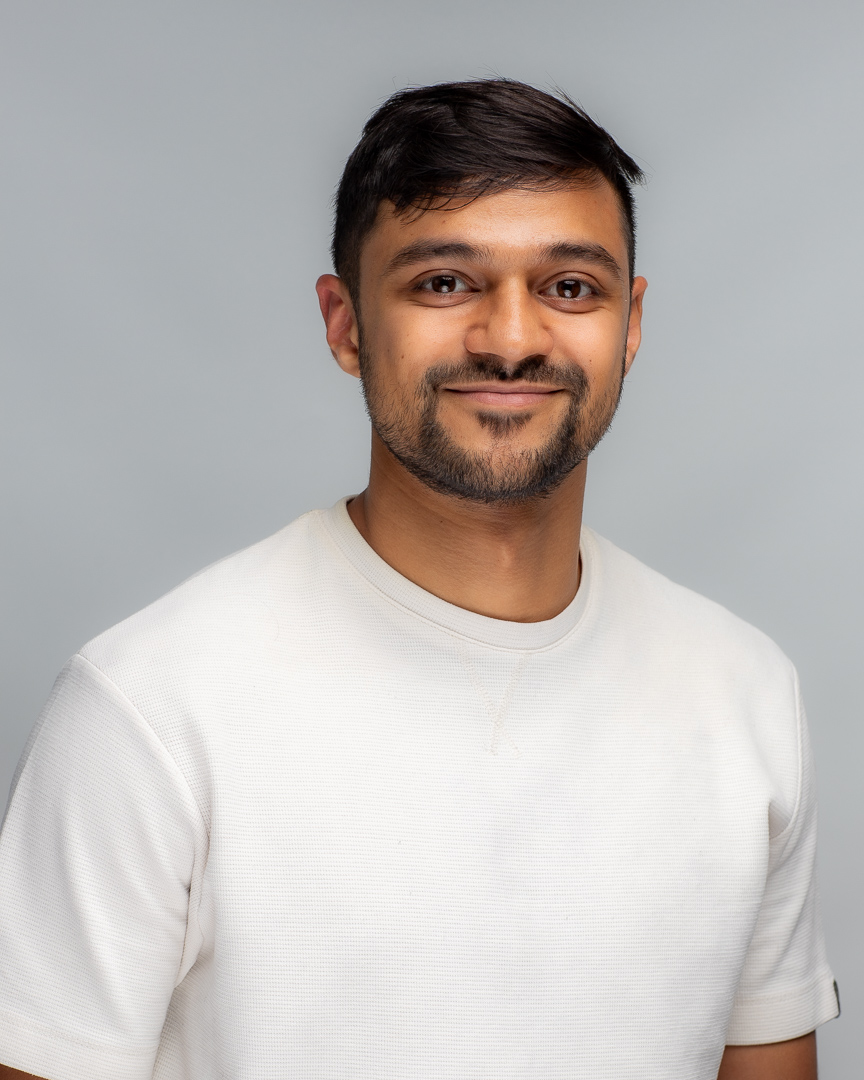
Shehan Parmar
Georgia Tech
2025-26 Software Fellow
“Accelerating materials discovery through scalable, high-throughput molecular dynamics pipelines and automated, ab initio-based, polarizable force field development.”

Kenneth Lopez Perez
University of Florida
2025-26 Software Fellow
"Efficient similarity-based cheminformatics tools for drug design."
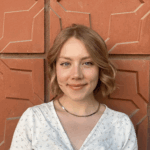
Trine Quady
UC Berkeley
2025-26 Software Fellow
" Development of an unusually aggressive local correlation electronic structure framework to achieve low-scaling wave function-level energy differences at modest system sizes."

Austin Wallace
Georgia Tech
2025-26 Software Fellow
"Improvements in open-source symmetry-adapted perturbation theory in Psi4 to facilitate developing more data efficient and accurate atom-pairwise neural networks in QCMLForge."

Bariana Bowman
University of Florida
2025-26 Software Fellow
“Development of a foundation model that integrates topological information with crystal structure data to predict superconductivity and other key condensed matter properties, creating a generalizable AI framework for materials discovery.”

Christopher Hillenbrand
Yale University
2025-26 Software Fellow
“User-friendly implementations of real-time correlated electron dynamics methods in PySCF for molecules and materials”

Arthur Lin
University of Wisconsin – Madison
2025-26 Software Fellow
“Design and implementation of machine-learned potentials for anisotropic coarse-grained simulations.”

Weiliang Luo
MIT
2025-26 Software Fellow
“Development of a neural network potential active learning workflow for enzymatic catalysis study, which integrates cutting-edge quantum chemistry and machine learning techniques in a user-friendly way and democratizes the machine learning for enzyme simulation to the whole community of biochemistry”

Shehan Parmar
Georgia Tech
2025-26 Software Fellow
“Accelerating materials discovery through scalable, high-throughput molecular dynamics pipelines and automated, ab initio-based, polarizable force field development.”

Kenneth Lopez Perez
University of Florida
2025-26 Software Fellow
“Efficient similarity-based cheminformatics tools for drug design.”

Trine Quady
UC Berkeley
2025-26 Software Fellow
” Development of an unusually aggressive local correlation electronic structure framework to achieve low-scaling wave function-level energy differences at modest system sizes.”

Austin Wallace
Georgia Tech
2025-26 Software Fellow
“Improvements in open-source symmetry-adapted perturbation theory in Psi4 to facilitate developing more data efficient and accurate atom-pairwise neural networks in QCMLForge.”
